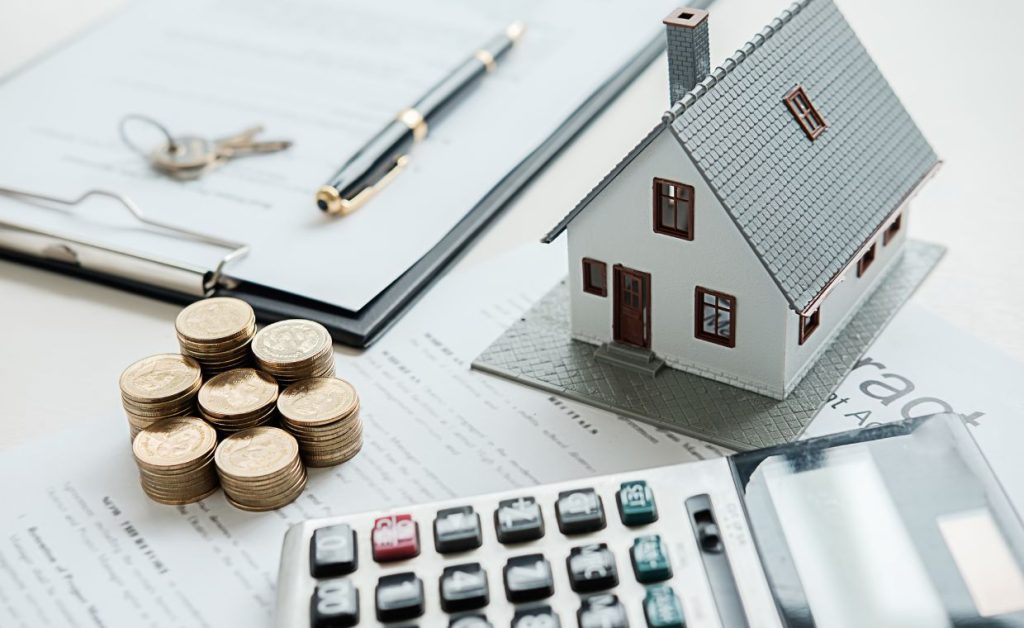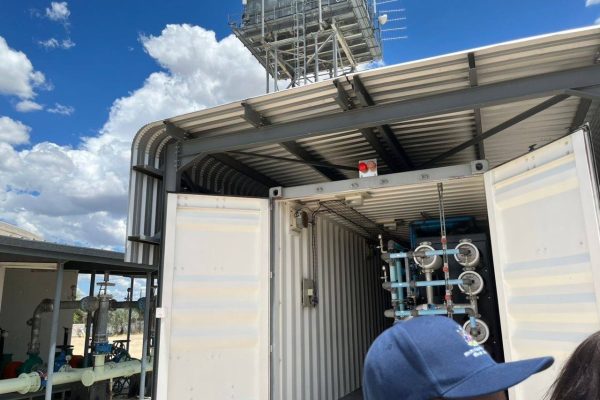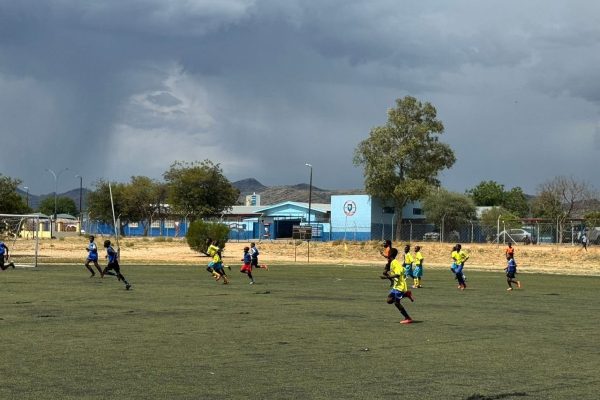
By: Malakia Naholo
Two people buy land in Windhoek.
Investor A takes the time to do a feasibility study. They check the zoning rules, run the numbers, and use mapping tools to understand the area. They build a well-designed duplex that sells fast. Profit made. No surprises.
Investor B skips all that, instead builds based on gut feeling. Turns out the design doesn’t meet local regulations. Costs go up. The market isn’t interested. The property has sat for months. Eventually, it’s sold at a loss.
This isn’t a rare story, it happens most of the time.
A feasibility study isn’t just paperwork, it’s your safety net. It helps you know what’s possible, allowed, and worth your money.
Landowners and developers must make smart decisions before they build. If you’re planning a project, large or small, start with clarity. Start with a feasibility study.
Before You Build, Ask This One Question
A lot of people buy land and start building right away. You’ve got a vision, maybe even a sketch, and you’re excited to bring it to life.
But here’s what has been observed over the years:
Homes built in flood-prone areas. Shops are placed where no one walks by. Beautiful buildings that end up sitting empty because they don’t meet zoning rules or can’t get approval.
Most of the time, the problem isn’t the construction. It’s the planning.
There’s one simple question that could save one a lot of trouble: Is this the right thing to build here?
That’s what planning helps you figure out. It’s not just about rules and maps, it’s about ensuring your project fits the land, the neighbourhood, and the future.
So, before you build, take a moment. Talk to someone who understands land usage and do a quick feasibility check. It doesn’t have to be complicated, but it can save you time, money, and stress.









